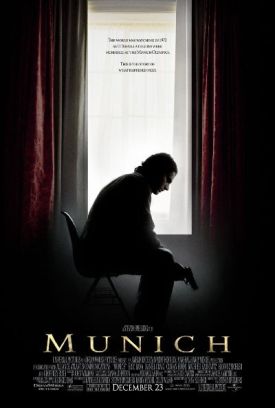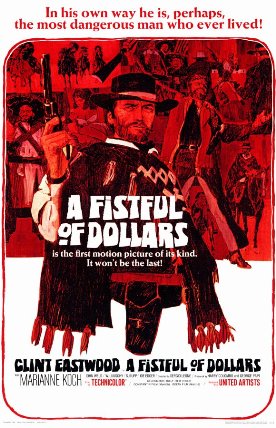Hope Floats
Hope Floats directed by Forrest Whitaker to a screenplay by Steven
Rodgers is a feel-good movie selling a relatively innocuous version of the
Hollywood dream—i.e. that all the world’s problems come from people, especially
parents and children, not hugging each other enough and giving tongue to their
feelings of love for each other. The other side of the Hollywood dream is, of
course, that hugging (and other sorts of embraces) makes all hurts feel better
and solves all problems. In particular, feelings of sexual love are all that
matters, justifying any cruelty or faithlessness, but for some reason Hope
Floats stops short of this corollary. In fact, its bad guy is the husband
who leaves his wife to marry her best friend because he is “in love.” I don’t
know if this quite amounts to incoherence, but I know that the hugging and
expressing-your-feelings part struck me with even more irritation than it
usually does.
Maybe the problem is that the movie suffers from another sort of incoherence
in its attempt to show that the kinds of people who go on daytime TV shows to
spill their most intimate secrets are not the trashy low-life scum they appear
to be but decent folks who have families just like you and me. You do not have
to buy this very dubious proposition in order to appreciate the movie, but you
do have to wonder what, besides an arresting opening gimmick, is the point of
showing Birdee Calvert Pruitt (Sandra Bullock) appearing on a particularly
scummy (fictitious) show where her husband, Bill (Michael Pare) and her best
friend Connie (Rosanna Arquette) confess to their affair in her presence—as
well, of course, as that of several million strangers.
Birdee, who lives in Chicago with her husband and daughter, Bernice (Mae
Whitman), packs up her things, takes Bernice and returns to her hometown (and
Bill’s) of Smithville, Texas to move in with her mother, Ramona (Gena Rowlands)
who is an amateur taxidermist and one of those lovable eccentrics that Hollywood
is especially fond of. Birdee was not only a cheerleader and the prom queen at
Smithville High, she was Corn Queen of Smithville four years running. Bill was
quarterback of the football team. The film begins to get some traction when it
portrays the smug satisfaction on the part of many of the townspeople that the
prettiest and most popular girl in high school has returned under such
humiliating circumstances. One girl who was fat and unattractive feels
particularly aggrieved. Now that she runs a temp agency and Birdee goes to her
looking for a job, she tells her that “I don’t have a listing for a Prom
Queen.”
But this kind interesting character soon begins to fall beside the wayside as
we approach the inevitable hug-fest of mother and daughter and grand-daughter,
all of whom take pride, you’ll be amazed to learn, in being Strong Women. As
Birdee says of her broken marriage: “The harder I tried to be what he wanted me
to be, the less I saw myself in his eyes. . .One day I was gone.” Presumably she
won’t make that mistake again with Justin Matisse (Harry Connick, Jr), a
high school acquaintance who used to have a crush on Birdee but was too shy to
approach her. She and Bill were out of his league, he says. If you can believe
Harry Connick, Jr when he says that, you’re a better man than I. Justin begins
to romance Birdee a bit, but not too much, in spite of Mom’s attempts to
match-make between the two of them, and by the end we can see in him the broken
love-fantasy renewed. But why don’t they go on TV to discuss it?
Discover more from James Bowman
Subscribe to get the latest posts to your email.






